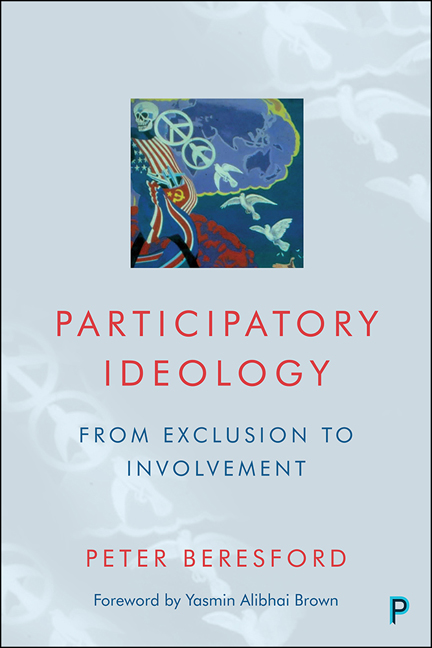Foreword
Published online by Cambridge University Press: 21 December 2021
Summary
Ideologies vary and are, by definition, conflictual and defined by real or imagined enemies. They are divisive, demanding, enclosed and tribal. It is important to note, however, that even the most divergent are identical in the way they frame reality and fuel up on certainties. Anyone who has been to gatherings of single-minded activists knows this well. To query statements, make critical enquiries or express doubts is considered blasphemous. I have often emerged from these, not glowing with participatory validation, but feeling gagged and misrepresented. Over the years I have been damned as not left-wing enough, not black enough, not Muslim enough, not British enough.
And yet, without underpinning political and economic ideologies, democracies and societies would become fatally atomised and individualised. We see some of this today in the United Kingdom when voters complain that their particular preferences are ‘being ignored’ by ‘elites’. I even had one reader of my columns write to me: ‘I didn't fucking vote for people like you to come to my country. So why are you here?’ The competition between capitalism and socialism, Labour and the Tories, faith and atheism, nationalism and internationalism keeps open societies dynamic and interactional. That we had the right, left and centre all committed to established rules of conduct in politics made for stability and continuity.
In a representative democracy, the majority elect the government, which is then expected to govern fairly and rationally, make evidencebased policies – even if unpopular – and look after the interests of the nation. For example, ever since the Empire Windrush docked at Tilbury Docks in June 1948, a sizable proportion of Britons have opposed ‘coloured’ migration. Yet every government since then has talked the anti-immigrant talk, but has not fully respected this will of the people because of economic imperatives. So, the angry chap above was right – people like him never wanted people like me in ‘their’ country. Their views did not, could not, prevail. The system is like a hanging mobile, maintaining a careful balance between government, parliament, the media and the people. That delicate balance has been destabilised since 2016. Disruption has been injected into the body politic.
- Type
- Chapter
- Information
- Participatory IdeologyFrom Exclusion to Involvement, pp. ix - xiPublisher: Bristol University PressPrint publication year: 2021



